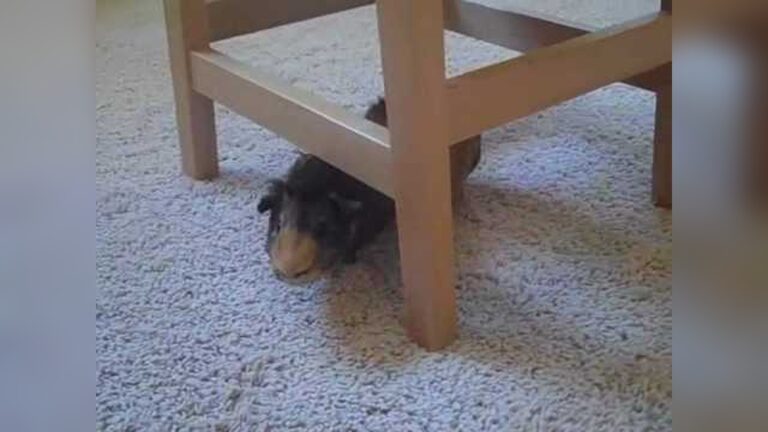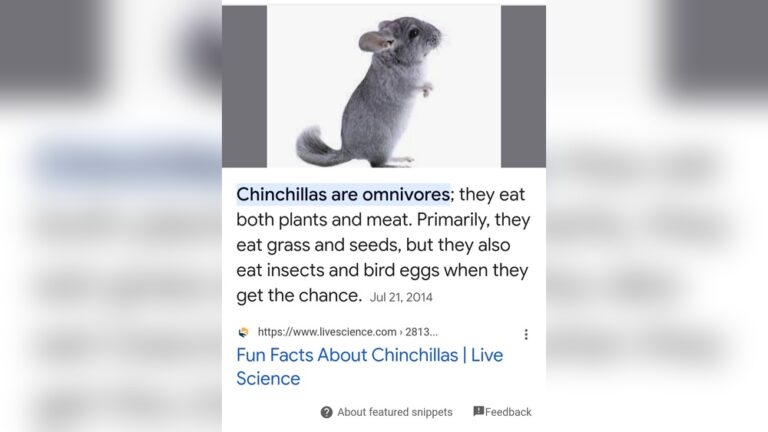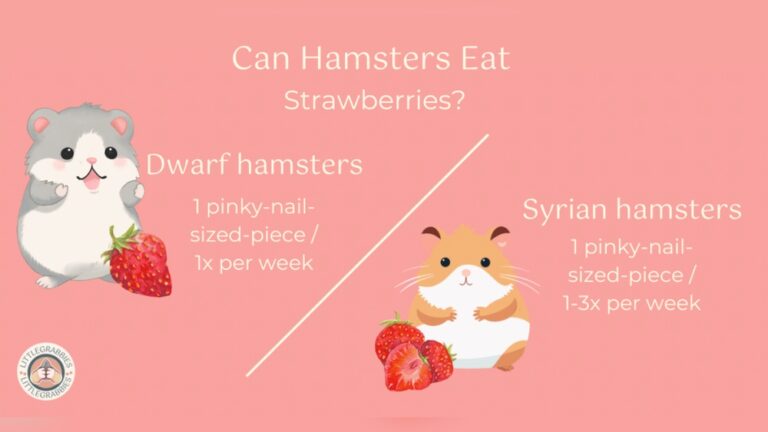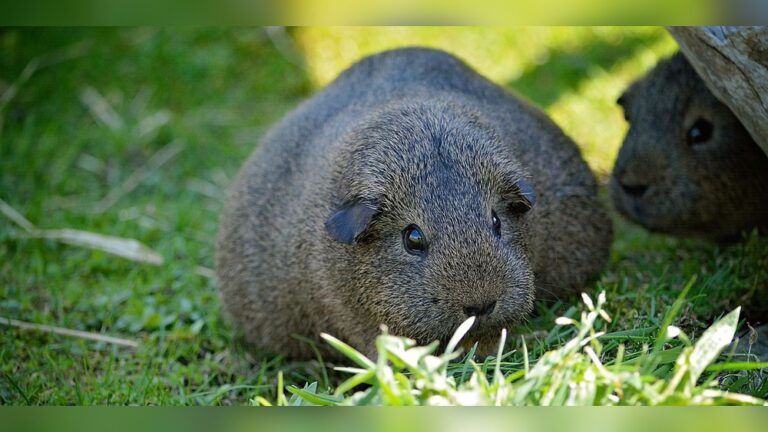Killing Groundhogs With Antifreeze: Safe and Effective Methods
Are groundhogs digging up your garden and ruining your hard work? You’re not alone.
Many people struggle to keep these persistent critters away. You might have heard that using antifreeze can stop them for good. But before you take any action, it’s important to understand what this method really means for you, your safety, and the environment.
Keep reading to discover the truth about killing groundhogs with antifreeze—and what you should know before making a choice that could impact your garden and beyond.
Risks Of Using Antifreeze
Using antifreeze to kill groundhogs has serious risks. It is a toxic chemical that harms more than just the target animal. Many people do not realize how dangerous antifreeze can be to pets, wildlife, and the environment. Understanding these risks is important before deciding to use it.
Toxicity To Pets And Wildlife
Antifreeze contains ethylene glycol, a poison that tastes sweet. Pets like dogs and cats may lick spilled antifreeze and become very sick. Wildlife, such as birds and small mammals, can also be harmed. Even small amounts can cause severe illness or death.
Environmental Impact
Antifreeze can seep into soil and water sources. This pollution harms plants and animals living nearby. It can kill beneficial insects and contaminate drinking water. The damage often lasts a long time and spreads far from the original site.
Legal Restrictions
Many places ban or regulate the use of antifreeze for pest control. Using it illegally can lead to fines or other penalties. Laws exist to protect people, animals, and the environment from its dangers. Always check local rules before considering antifreeze use.

Credit: 8billiontrees.com
Alternatives To Antifreeze
Using antifreeze to kill groundhogs is harmful and dangerous. Many people seek safer options to handle these animals. There are better ways to keep groundhogs away without causing them pain or death.
These alternatives protect your garden and respect wildlife. They help control groundhog problems in kinder ways. Explore these options to find what fits your needs.
Trapping And Relocation
Trapping groundhogs is a humane control method. Use live traps to catch them safely. Check traps often to avoid stress on the animal. After capture, relocate groundhogs far from your home. Choose a new area with enough food and shelter. Relocation helps reduce damage without hurting animals.
Natural Repellents
Natural repellents keep groundhogs away using smells they dislike. Plant strong-smelling herbs like garlic and mint around your garden. Commercial repellents with ingredients like castor oil work well too. Apply repellents regularly for best results. These options are safe for pets and children.
Habitat Modification
Change your yard to make it less inviting for groundhogs. Remove food sources like fallen fruit and accessible plants. Clear brush piles and tall grass where they hide. Seal holes or burrows around your property. This reduces their shelter and makes them move on. A less friendly environment keeps groundhogs away naturally.
Safe Groundhog Control Methods
Safe groundhog control methods protect your garden without harm. Using gentle ways keeps animals and plants safe. It also respects wildlife laws and your local environment.
These methods focus on removing groundhogs without pain or danger. They help stop damage to your yard or crops. Choose options that work well and avoid risks.
Humane Traps
Humane traps catch groundhogs alive for release. Place traps near burrows or feeding spots. Use fresh vegetables as bait. Check traps often to avoid stress on animals. Release groundhogs far from your home, in a safe place.
Professional Pest Services
Experts offer safe groundhog control with experience and tools. They know the best methods for your area. Professionals handle animals carefully and follow laws. Their work helps keep your property damage-free and humane.
Preventive Barriers
Barriers stop groundhogs from entering your garden. Use wire mesh or fencing buried deep. Make sure barriers are tall enough to block climbing. Keep your garden clean and free of food scraps. These steps reduce the chance of groundhogs returning.
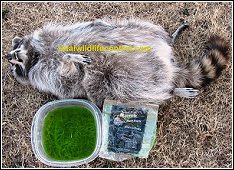
Credit: totalwildlifecontrol.com
Why Antifreeze Is Not Recommended
Using antifreeze to kill groundhogs may seem like a quick fix. Many think it is an effective and easy method. This section explains why antifreeze is not a good choice for dealing with groundhogs.
Ineffectiveness
Antifreeze does not always work on groundhogs. These animals may avoid it because of its bitter taste. Even if they consume it, death is not guaranteed. Groundhogs have strong bodies that resist some poisons. This makes antifreeze a poor solution for pest control.
Health Hazards
Antifreeze is very dangerous to pets and children. It contains chemicals that cause severe poisoning. Even small amounts can lead to serious illness or death. Spilled antifreeze can contaminate soil and water. This creates risks for the environment and nearby animals.
Ethical Concerns
Killing groundhogs with antifreeze raises moral questions. The method causes slow and painful death. It is not a humane way to handle animals. People who care about animal welfare should avoid such cruel practices. There are safer and kinder alternatives available.
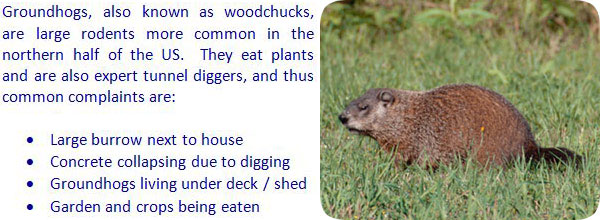
Credit: www.howtokillwildlife.com
How Smart Pets Lover Can Help You with Killing Groundhogs With Antifreeze
Learning from the Risks: A Thoughtful Approach to Groundhog Control
When it comes to dealing with groundhogs, it’s natural to want a quick solution. However, understanding the risks of using antifreeze—both to pets and the environment—opens the door to safer, more responsible choices. Instead of harmful chemicals, exploring safe groundhog control methods not only protects our furry friends but also teaches us valuable lessons in humane pest management.
At Smart Pets Lover, we believe every challenge with animals is an opportunity to grow as compassionate caretakers. Delving into alternatives to antifreeze encourages creativity and respect for wildlife, reinforcing that coexistence is possible without danger. For pet parents who cherish the wagging tails and gentle purrs in their lives, these moments of learning deepen the connection we share with all creatures.
If you’re looking for guidance or have questions about safe practices, reaching out to local wildlife experts or trusted pet care communities can be a great start. After all, informed choices pave the way for healthier, happier homes—for pets and wildlife alike.
Frequently Asked Questions
Is Using Antifreeze Safe For Killing Groundhogs?
Using antifreeze is unsafe and inhumane for killing groundhogs. It contains toxic chemicals harmful to pets and the environment. Safer, legal alternatives like traps or repellents are recommended to manage groundhog problems effectively and ethically.
How Does Antifreeze Kill Groundhogs?
Antifreeze contains ethylene glycol, a toxic substance that causes organ failure in groundhogs. Ingesting it leads to severe poisoning and death. This method is illegal and unethical due to its cruelty and risks to other animals and humans.
Are There Legal Restrictions On Antifreeze Use For Pest Control?
Yes, many regions ban antifreeze use for pest control. It poses environmental hazards and risks to non-target animals. Always check local laws and choose humane, legal pest control methods to ensure safety and compliance.
What Are Safer Alternatives To Kill Groundhogs?
Humane traps, repellents, and habitat modification are safer groundhog control options. These methods prevent harm to other wildlife and pets. Consult pest control professionals for effective, ethical solutions tailored to your situation.
Conclusion
Killing groundhogs with antifreeze can be risky and harmful. It may cause pain and suffering to animals. Many safer and kinder ways exist to control groundhogs. Think about using traps or barriers instead. Protect your garden without causing unnecessary harm.
Always follow local laws and guidelines for pest control. Choose methods that respect wildlife and your environment. Careful actions help keep your space safe and humane.

